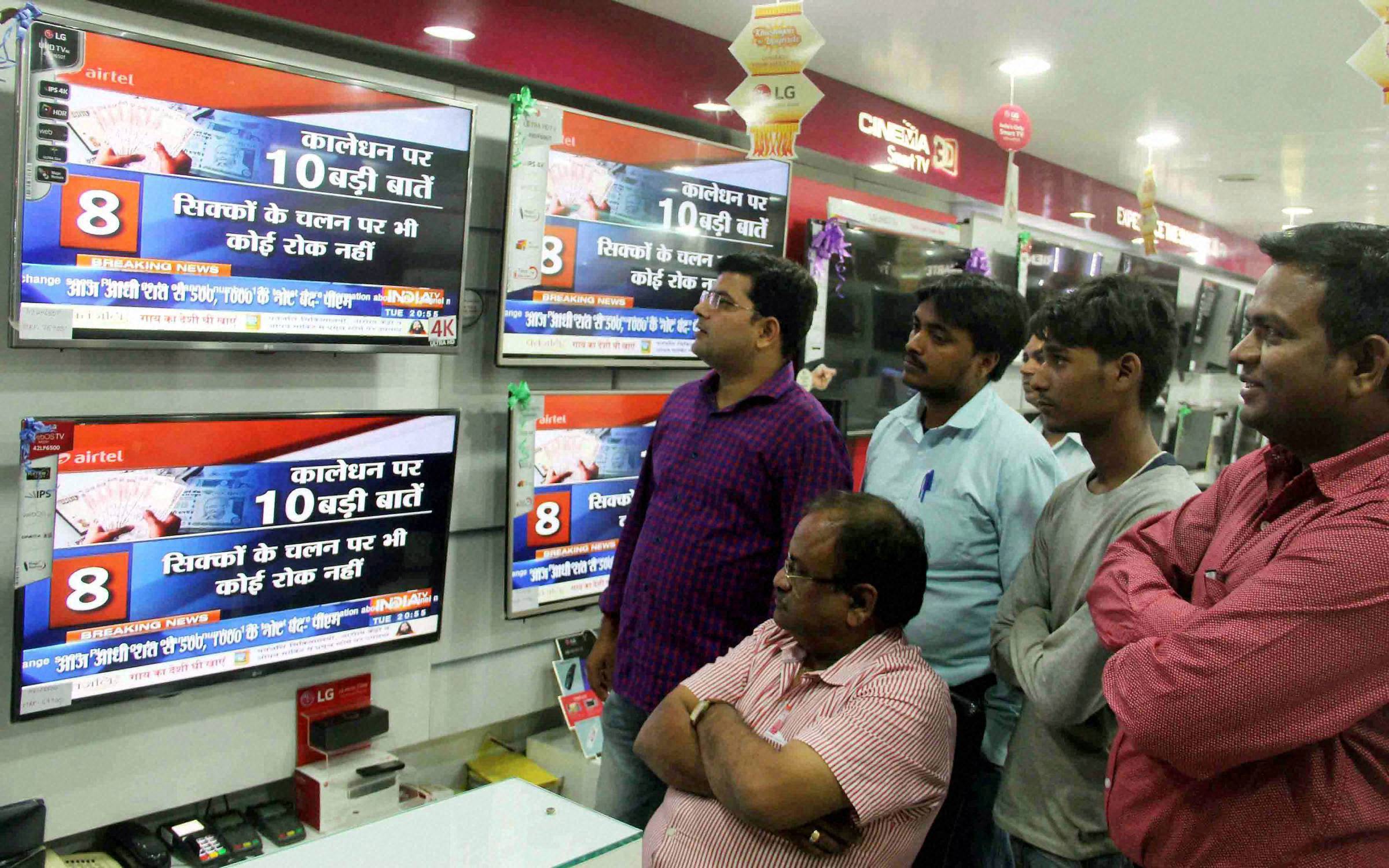
Corruption happens, and it happens in most of the countries. What matters is how governments fight with it. Building and reforming conducive institutions has been an essential component of Modi government’s national investment policy and strategy. Institutions comprise various indicators such as bureaucracy, regulations, the rule of law, accountability and corruption. While the Modi government has been putting unprecedented efforts to improve the institutional environment, Tuesday’s surprise announcement to scrap 500 and 1,000 currency notes is a major step towards improving the institutional environment.
Even before I share my thoughts on this new move, let me just shed some light on explaining corruption. Simply put, corruption is the use of public goods for private goods. Going with this definition one might understand that as corruption involves abuse of public goods and hence it is bad! Nevertheless, just as there would be more than one school of thought pertaining to any issue, there are two schools of thought on corruption. The first school of thought views corruption to ‘sand the wheels of growth’. Going with this school of thought, at the macroeconomic level, corruption creates a negative business environment as it not only hurts various economic indicators such as employment, inflation, investments, human capital accumulation, but it impedes a country’s long-run growth and development. Simply put, corruption hurts an economy and it is a big obstacle to an economies growth and development!
The second school of thought views corruption to ‘grease the wheels of growth’. Proponents of the school argue that corruption facilitates investments and increases the economic activities that would not have happened otherwise. For instance, the argument is that bribes are paid to government officials to overcome bureaucratic delays in engaging in business, to enter foreign markets, to tackle any cumbersome and inefficient rules and regulations. The main argument put forward by this school of thought is that corruption facilitates investments and hence has a beneficial effect on economic activity. While the school does not promote corruption, it puts forward the ideas as to how corruption greases the wheel of growth.
So the question is, should the corruption be seen as an option at all? Probably as a last option in a bad or an inefficient institutional setting. Now the question is, does India have a bad institutional setting? Does India have an inefficient institutional setting? The answer is No. While it might be difficult to say that the institutional setting in India is perfect enough, one should be seeing the recent efforts by the government in getting it better. In recent times, one should have noted big changes taking place in India - people would have noted how the government has been building effective policies and procedures, building transparent systems to facilitate communication and reporting. It has been taking up every possible step to clean the nation! The government has been trying hard to portray India as a nation of not just size and population but as a country of values and ethics. Despite all the efforts, the government was not able to contain corruption completely. But why corruption should be allowed to thrive in such a good institutional environment at all? Hence, there was a need for the government to come up with a bold and a courageous decision to tackle corruption. And, it has!
The big question is, will the historical and courageous step truly eliminate corruption? The answer is yes, and I hope it does to a large extent! Scrapping the higher denomination currency means making corruption more difficult. Those who have not been listening to all earlier requests by the government must now stop engaging in corruption. Those who have been holding truckloads of unaccounted money might now consider accounting all of it. If this happens and as I wish it might, there will be millions of rupees that come into the banking structure. While the transition might be a little difficult for the ordinary people and small traders of the country, for the purpose of betterment of the nation and for a cleaner India, this was a timely decision!
While the Modi government has been batting well so far in combating political corruption and corruption in various forms at a high level, in my view, there are two important issues that still need to be addressed. First, I hope that the new step would bring the corruption at deep root level fully under the radar of the Modi government, I doubt it would happen to a large extent. Now that the government has liberalised Indian economy radically and has taken a major step towards combating corruption, it is worth investing some time and effort to further the institutional mechanisms so that the low-level corruption too comes under the radar. Second, it is critical that the government pays attention to understand the causes and the conditions that facilitate the low-level corruption. - Exclusive to Times of Oman
Dr S Yerrabati, Faculty of Business, Sohar University.